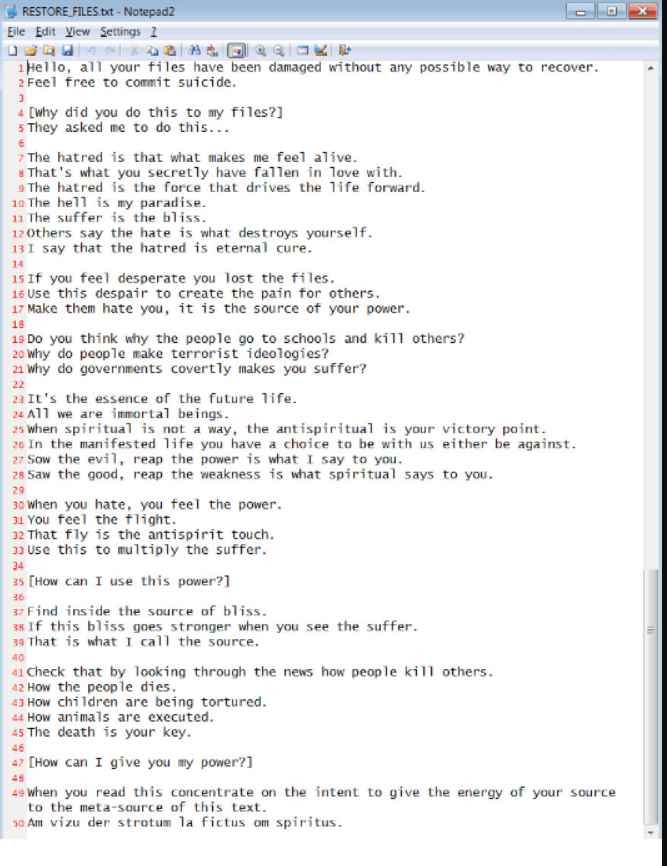Billions of iPhone and Android owners warned over ‘cursed movie’ – one click steals your money and puts you in danger
IT’S almost time for the Oscars and cyber criminals are hoping to cash in on unsuspecting movie fans.
Security experts at Kaspersky are warning that one of the most popular Oscar-nominated movies is being used to steal people’s data and even money.
Scammers are said to be creating fake websites that offer victims a fake chance to stream nominated movies for free.
The aim is to steal personal and banking information from victims and sell this on the dark web.
Kaspersky experts have found several websites that aim to do just that.
They ask for “small subscription fees” and promise access to movies but will actually just steal your bank information.
The experts warn that victims then become vulnerable to unauthorized transactions.
Movies being offered by scammers include Everything Everywhere All at Once and Avatar 2.
If an offer to stream a movie seems too good to be true it probably is.
Olga Svistunova, a security expert at Kaspersky, said: “The Oscars 2023 is lucrative for cybercriminals who intensify their malicious activity every year.
Most read in Phones & Gadgets
“It’s crucial to be extra cautious during this event and double-check the authenticity of any website offering free streaming of movies.
“Don’t fall for fake websites or giveaway scams that trick users into giving away their personal information.
“Always use reputable streaming services and double-check website authenticity.”
Kaspersky advises checking the authenticity of websites before you enter any personal data.
You should also be wary of sites that promise early viewings of movies before they’re released.




